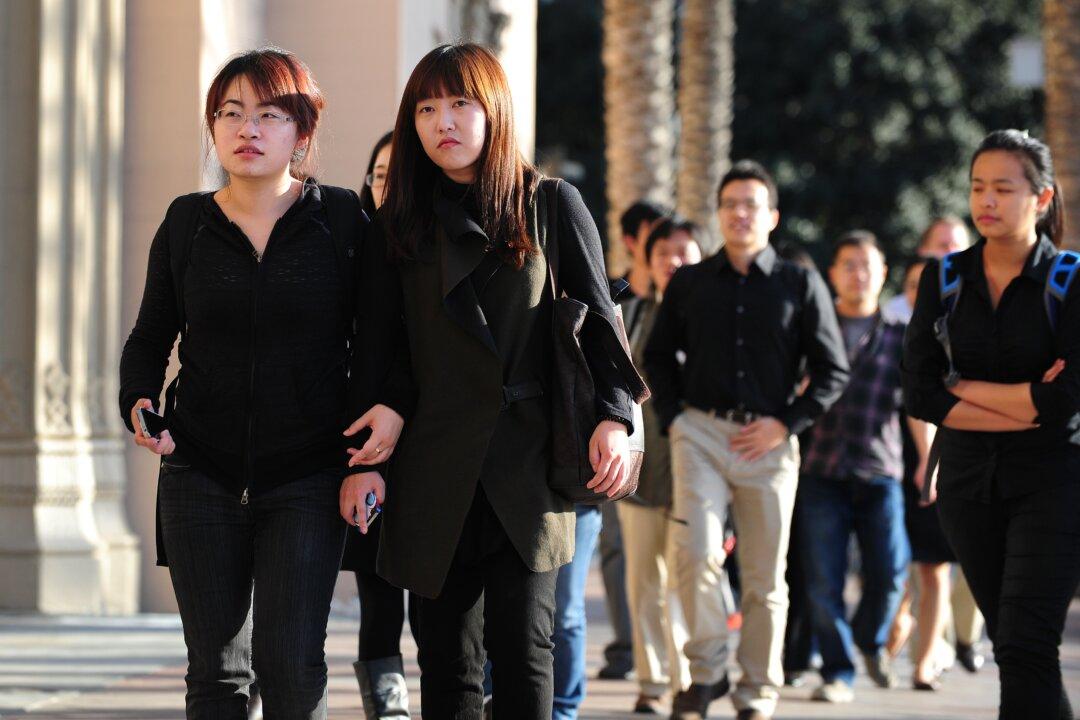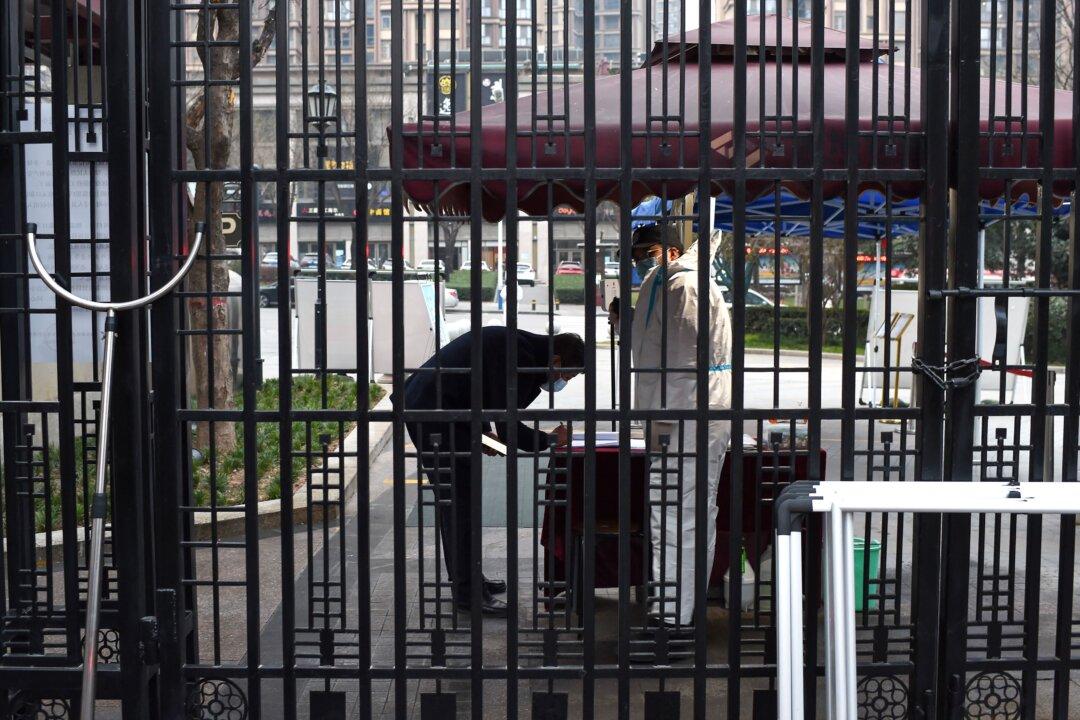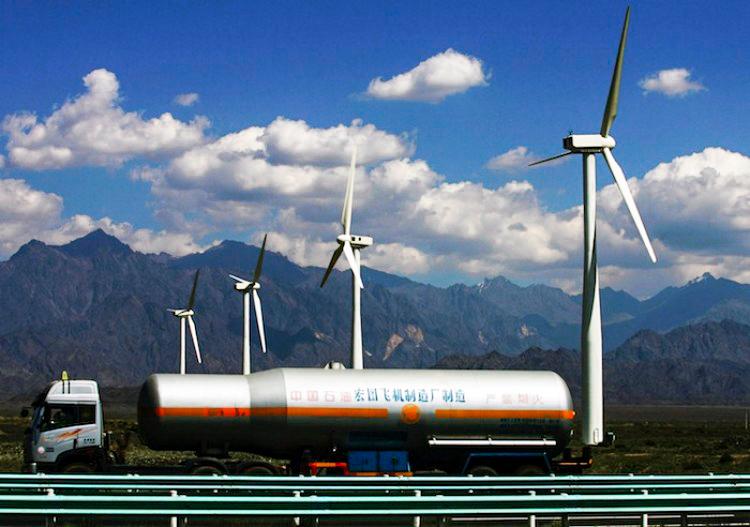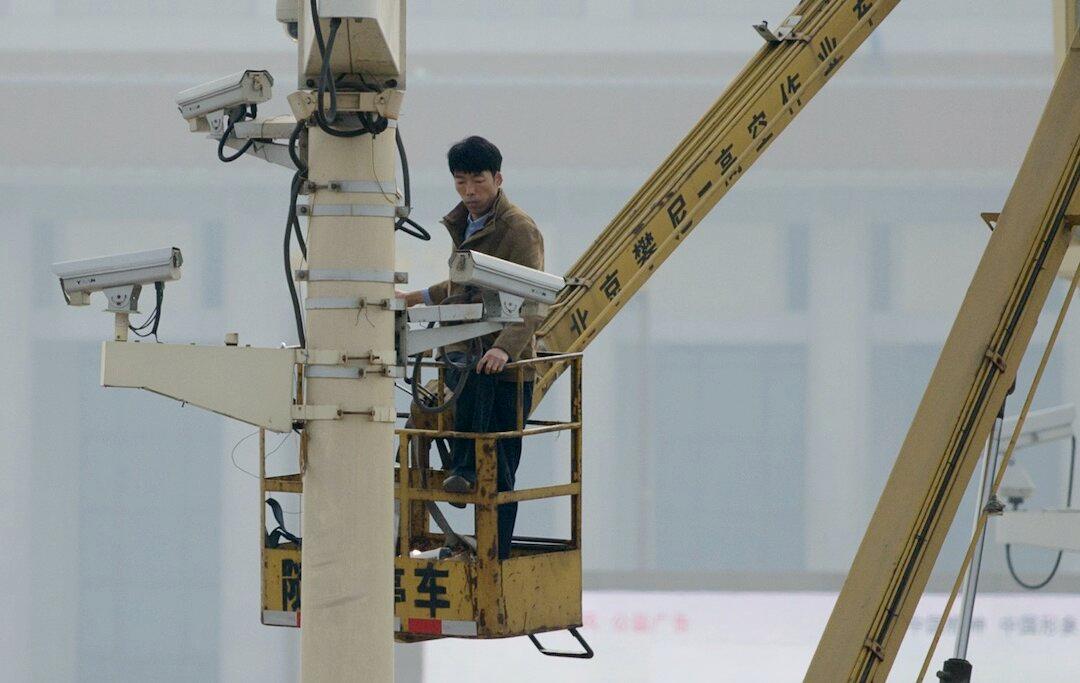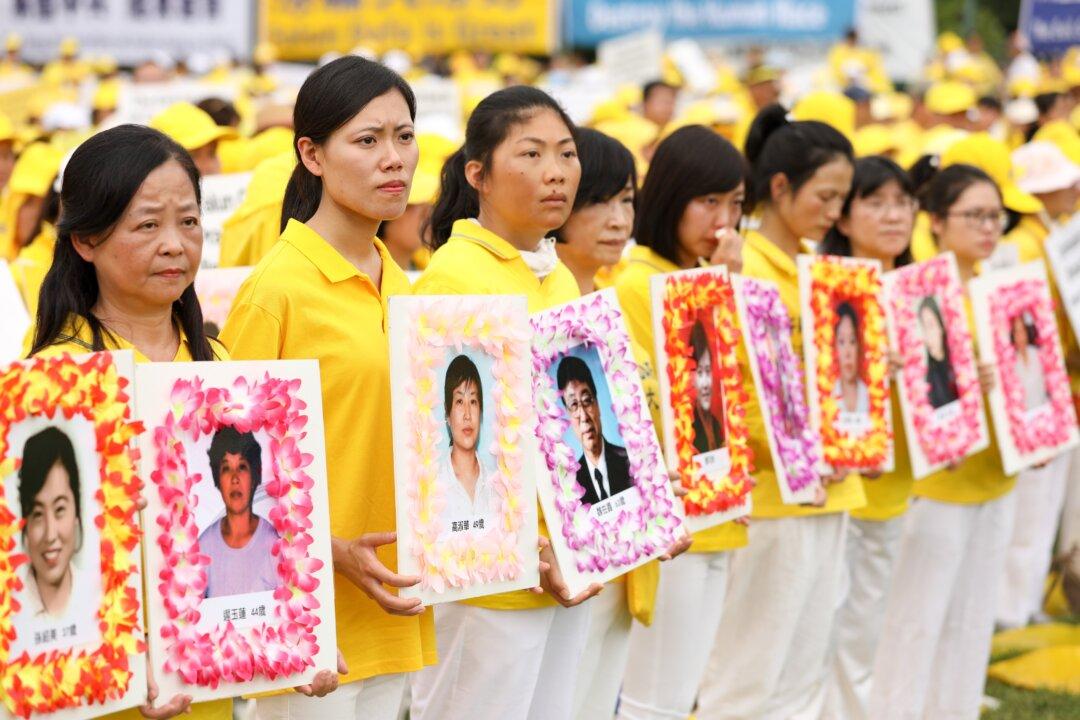The Chinese Communist Party (CCP) has a special department that keeps detailed information on and makes use of the Chinese researchers and scholars who return to China after studying abroad. It is called the Western Returned Scholars Association (WRSA), also known as Overseas-Educated Scholars Association of China.
A series of documents obtained by The Epoch Times gives a glimpse into how the association keeps track of returnees in the hopes of recruiting them to assist in Beijing’s economic pursuits.
